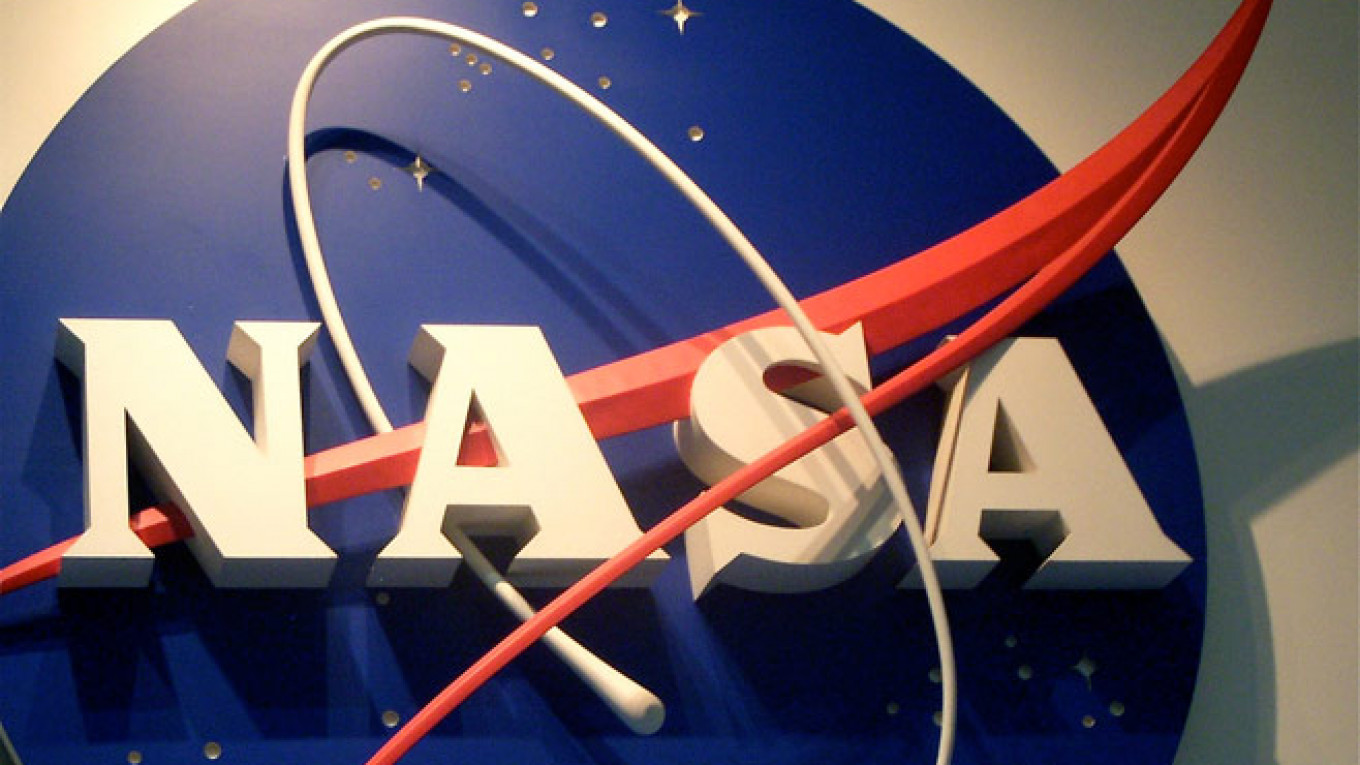NASA's dependence on Russian rockets to reach the International Space Station (ISS) may be extended beyond 2017 after the U.S. House of Representatives declined to meet the space agency's budget requests for a program to develop a domestic alternative.
NASA officials have repeatedly warned that if Congress did not grant $1.2 billion in 2016 to fund test flights of space taxis made by companies SpaceX and Boeing, their vehicles would not be ready to fly in 2017. Without them, NASA lacks a U.S.-made rocket and must continue to use Russian equipment.
But the 2016 NASA budget approved by the house on Wednesday allocated only $1 billion for SpaceX and Boeing test flights, which may force the space agency to wait even longer — at least until 2018 — to begin flying its astronauts to the ISS on U.S. rockets, USA Today reported citing NASA officials.
Congressmen representing districts with major NASA infrastructure, such Texas Republican Brian Babin, who represents a Houston district, were not happy with the decision.
"We must set priorities within the NASA budget to make sure that the American astronauts are launched from American soil on American vehicles, sooner rather than later," Babin said on the House floor before the bill went to a vote, USA Today reported.
Since 2011, when NASA retired its fleet of space shuttles, the agency has paid Russia $70 million per seat on three-man Soyuz rockets to reach the ISS.
NASA's current contract with Russia is set to expire in 2016, with emergency rescue and return services until 2017. If Boeing and SpaceX have to slow their development pace, the U.S. space agency will have to extend these agreements.
Despite the disappointment for Boeing and SpaceX, the version of the NASA authorization bill approved by the House on Wednesday saw the agency's overall budget increase by $500 million to $18.5 billion in 2016. The House version of the bill now must be reconciled with the Senate's version.
A Message from The Moscow Times:
Dear readers,
We are facing unprecedented challenges. Russia's Prosecutor General's Office has designated The Moscow Times as an "undesirable" organization, criminalizing our work and putting our staff at risk of prosecution. This follows our earlier unjust labeling as a "foreign agent."
These actions are direct attempts to silence independent journalism in Russia. The authorities claim our work "discredits the decisions of the Russian leadership." We see things differently: we strive to provide accurate, unbiased reporting on Russia.
We, the journalists of The Moscow Times, refuse to be silenced. But to continue our work, we need your help.
Your support, no matter how small, makes a world of difference. If you can, please support us monthly starting from just $2. It's quick to set up, and every contribution makes a significant impact.
By supporting The Moscow Times, you're defending open, independent journalism in the face of repression. Thank you for standing with us.
Remind me later.






